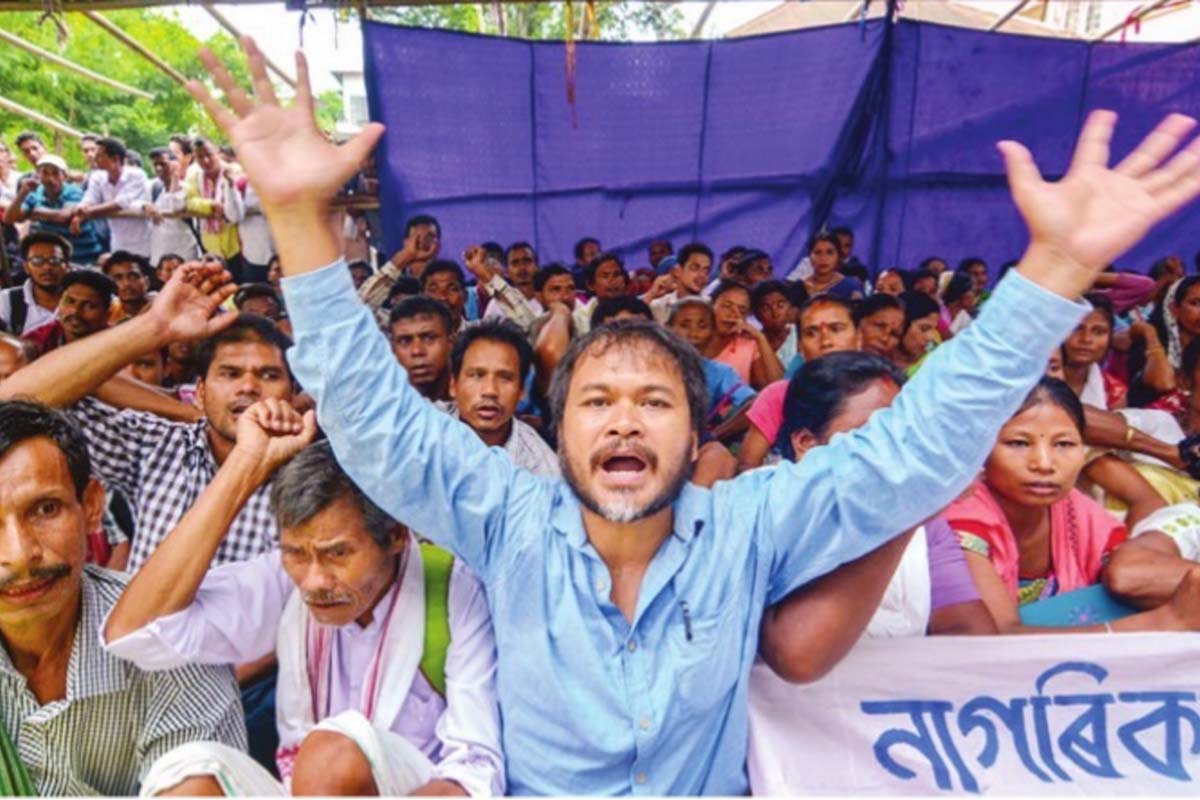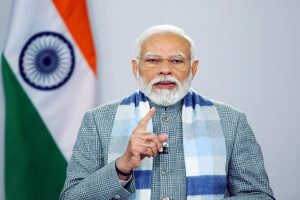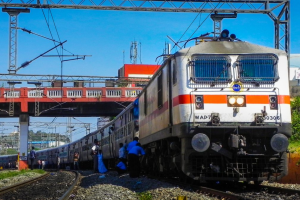On 26 June, the controversial National Register of Citizens in Assam was pruned down considerably. The names of a little over 100,000 people were deleted from the final draft of the 1951 document that is being updated on an order of the Supreme Court to weed out illegal immigrants from the state. The exclusion of the latest names from the NRC was announced by the Assam coordinator of the NRC, thereby swelling the number of those kept out of the document to more than 4.1 million.
The final NRC draft published on 30 July last year excluded 40,07,707 persons out of which a little over 3.6 million filed claims against their exclusion. And the latest exclusion of 102,462 people was the result of the scrutiny of those claims. According to the state coordinator for NRC, those in the new exclusion list, which came a little over a month before the Apex Court-set deadline for publication of the final NRC, will be informed individually through letters to be delivered at their residential addresses along with the reason of exclusion after which they can file claims against the dropping of their names. The hearings of claims have already started last Friday.
Advertisement
The coordinator cited the reasons for the exclusion in three categories. One, those who are declared “foreigner”, doubtful voter or persons with cases pending at Foreigners’ Tribunals, a quasi-judicial body, or their descendants, as applicable, discovered after publication of the final draft NRC in July last year. Two, persons found to be ineligible while appearing as a witness in hearings held for disposal of claims and objections.
There is a third category of people who were found to be ineligible during the process of verification carried out by the Local Registrars of Citizens under provisions of Clause 4(3), post publication of the final NRC draft. As per the clause, the local registrar, before the final publication of NRC, may take up verification of such persons. And according to NRC officials, the latest exclusion is the result of the continuing process of re-verification of the names in the final NRC draft published last year. There is no official word on the breakup of people as per their religious identities in the latest list of 102,462 people excluded.
The Supreme Court, which is monitoring the process of updating the NRC, had ordered that those declared foreigners and their descendants are to be kept out of the NRC while the names of doubtful voters and persons who have cases pending in Foreigners’ Tribunals are to be kept on hold till their cases are decided by the tribunals, irrespective of them clearing the NRC verification processes. The absence of a common database means thousands of declared foreigners, doubtful voters and persons who have cases pending found their names in the final draft NRC. The exercise of addition or deletion of names in the NRC is not new. For instance, when the first draft of the NRC was made public on 31 December 2017, it had 19 million names but the final draft that came out in July 2018 deleted the names of 150,000 out of those.
So, what is the total number of people who could be left out of the final NRC on 31 July? NRC officials do not rule out fresh exclusion or inclusion in the final NRC. In the case of exclusion, these would be among the 200,000 persons who were included among the 28.9 million names in the final draft NRC published in July 2018 but against whom “objections” were filed by other people later. If these people cannot prove their citizenship with proper documents, they run the risk of being left out of the final NRC this month.
But this is not the end of the road for those excluded. They can move the Foreigners’ Tribunal, which has to take a decision within 120 days, as per an order of the Union home ministry issued in May this year. The legal course for those aggrieved by the Foreigners’ Tribunal does not end there as they can move the High Court and the Supreme Court for redress. In the case of inclusion, if claims for inclusion of names in the NRC are backed by requisite papers, the 4.1 million kept out of the document would come down. However, if objections to inclusion of names are held valid, they can further push up the number of those excluded. The final number of those kept out of the NRC may also vary if some of them can get Indian citizenship under the Citizenship Amendment Bill proposed to be moved by Prime Minister Narendra Modi’s government.
It is interesting to note that while the NRC aims at keeping out “illegal immigrants” in Assam irrespective of their religion, the Citizenship Amendment Bill seeks to give citizenship to “persecuted” religious minorities from Bangladesh, Pakistan and Afghanistan. The difficulty is that the Bill is dead. After being passed by the Lok Sabha during the first five-year term of the Modi government, the previous Bill could not be tabled in the Rajya Sabha where the ruling Bharatiya Janata Party lacked a majority. The BJP has promised to introduce a fresh Citizenship Amendment Bill in the new Lok Sabha even though as of today, the party lacks the arithmetic to guarantee its approval in the Upper House of Parliament. However, the saffron party has a comfortable majority in the Lok Sabha to ensure the Bill’s passage there.
One thing is clear — the NRC and the Citizenship Amendment Bill bring out the identity politics in Assam by being juxtaposed with each other. It remains to be seen if this will be in sync with Modi’s addition of “sabka viswas” — which refers to his party’s efforts to secure the trust of religious minorities — to his earlier call of “sabka saath sabka vikas.” By bringing in “sabka viswas”, Modi has set the bar much higher for a test of his inclusive vision of India and he has to keep this in mind while taking forward the NRC project to reaffirm Hindutva politics.
Finally, there remain two key questions — what will be the status of those left out of the final NRC on 31 July? And how does the government plan to deal with them? Many who do not find their names in the final draft of NRC have their names in the voters’ list in Assam and have voted in the recent parliamentary election. But will they lose their voting rights if they are out of the final NRC? Will they, irrespective of their religion, be able to claim Indian citizenship in any state other than Assam? Earlier a view had emerged that these people should have their basic rights protected and be given work permits but their political rights be taken away.











